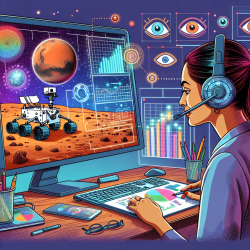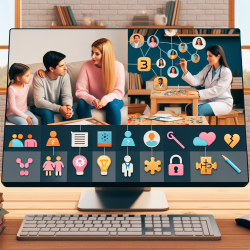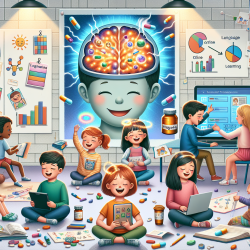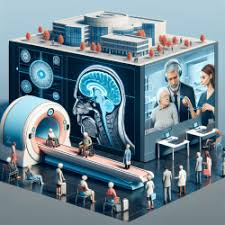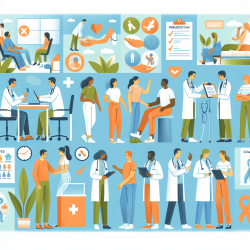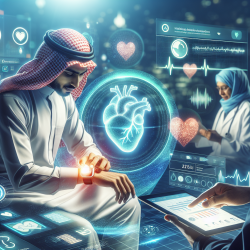Unveiling the Secrets of Mars: Lessons for Speech Language Pathologists
In the quest to explore the unknown, NASA's Curiosity Rover has traversed the Martian landscape, unearthing valuable insights into the planet's subsurface composition. The research article titled Water and Chlorine in the Martian Subsurface Along the Traverse of NASA's Curiosity Rover: 1. DAN Measurement Profiles Along the Traverse by Mitrofanov et al. (2022) provides a fascinating glimpse into the geological processes and environmental conditions of Mars. But what can this groundbreaking research teach us in the field of speech-language pathology, particularly in the context of online therapy services for children?
Data-Driven Insights: A Universal Approach
One of the key takeaways from the Curiosity Rover's mission is the importance of data-driven decision-making. The Dynamic Albedo of Neutrons (DAN) instrument on the rover meticulously collected data to estimate water and chlorine contents in the Martian subsurface. This approach mirrors the necessity for speech-language pathologists to rely on empirical data to guide therapeutic interventions.
Incorporating data-driven insights into speech-language therapy can significantly enhance outcomes for children. By utilizing assessment tools and progress tracking software, practitioners can tailor their strategies to meet the unique needs of each child, much like how the Curiosity Rover adapts its exploration based on the data it collects.
Embracing Technology for Better Outcomes
The Curiosity Rover's mission underscores the transformative power of technology in advancing scientific knowledge. Similarly, speech-language pathologists can harness technology to improve therapeutic outcomes. Online therapy platforms, such as those provided by TinyEYE, offer innovative solutions that break geographical barriers, making therapy accessible to children in remote areas.
Moreover, technology facilitates real-time data collection and analysis, enabling practitioners to make informed decisions quickly. By embracing digital tools, speech-language pathologists can enhance their ability to monitor progress, adjust interventions, and ultimately foster better communication skills in children.
Encouraging Further Exploration
The Curiosity Rover's findings are just the beginning of a larger exploration of Mars. Similarly, speech-language pathologists should be encouraged to delve deeper into research and continuously seek new knowledge. Staying abreast of the latest studies and advancements in the field ensures that practitioners are equipped with the best tools and techniques to support their clients.
For those interested in further exploring the intersection of technology and speech-language pathology, consider investigating the latest research on digital therapy tools and their efficacy. Continuous learning and adaptation are key to achieving the best outcomes for children.
To read the original research paper, please follow this link: Water and Chlorine in the Martian Subsurface Along the Traverse of NASA's Curiosity Rover: 1. DAN Measurement Profiles Along the Traverse.
